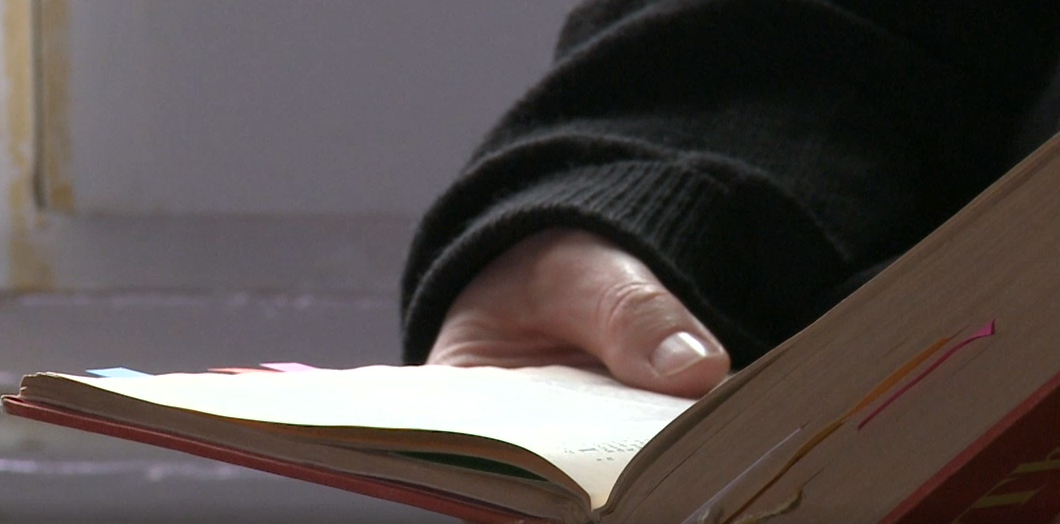
Life at Minster, as in the early days of St. Mildred, is deeply rooted in prayer. Interior prayer and liturgical prayer lie at the heart of the contemplative life. It is through the celebration of the liturgy, reflection on scriptures (lectio divina) and silent prayer that we are called to grow into a deep intimacy with Jesus Christ who is the centre of our lives.
The pattern of the day is built around the Liturgy of the Hours, spread throughout the day, giving it a shape and rhythm. Everything in the day is structured around the times of prayer, and it is made holy by consecrating it to God.
The Liturgy of the Hours is a rhythm of psalms, Scripture readings and prayers. As we celebrate the mysteries of the liturgical year, we are more deeply drawn into the timeless mysteries of Jesus Christ.
The psalms are ancient prayers, yet timeless. The psalms were originally written in Hebrew, and were composed to be sung. We sing the Liturgy of the Hours in English, with the exception of the office of Vespers, which is sung in Latin plainchant.
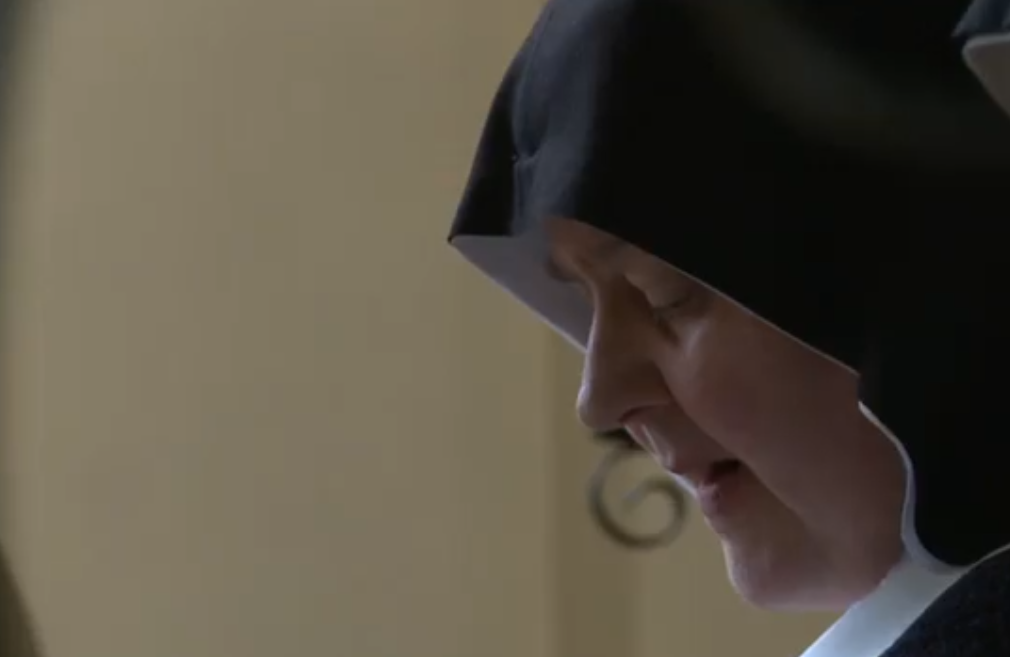
Vigils
We begin the day with the Office of Vigils or Matins at 5:30 a.m. Our first words each day are sung in the prayer, “O Lord, open my lips, and my mouth shall sing your praise.” In this way, we ask the Lord to bless not only our words of prayer, but all our words for the coming day. The mood of Matins is quiet and contemplative. The psalms used in this Office are often called “historical psalms,” because in them God’s saving deeds for his Chosen People are narrated. Two readings are solemnly proclaimed at Matins: the first from Holy Scripture, the second from the writings of one of the saints, Church Fathers, or one of the official documents of the Church. In this way, we begin our day pondering the love of God who has called us to belong to him and to make his name known.

Lauds
At 8:30 a.m. we sing the Office of Lauds, an Office in which psalms of praise express our gratitude for God’s gift to us of the new day. We ask God to help us consecrate the day, and our very selves, to him. Lauds and Vespers are the two Major Hours of the Liturgy of the Hours, occurring at the beginning and at the end of the day.
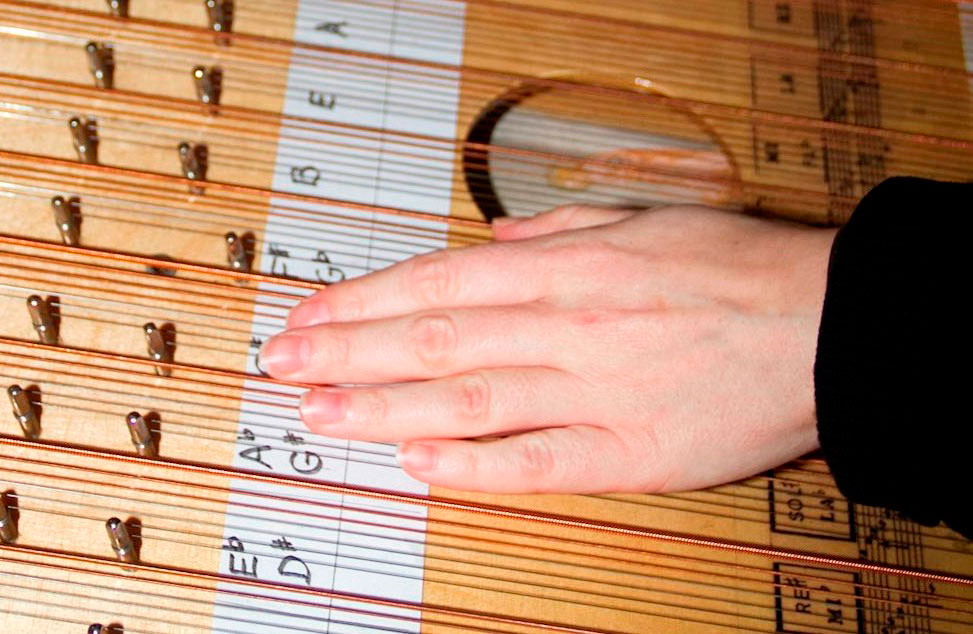
Terce, Sext and None
Terce, Sext and None are often referred to as the “Little Hours”. We stop to pray these Hours during what is usually the most active time of the day so that prayer may rise up to God no matter what we are doing. In this way we are never far from the remembrance of God. During these “Little Hours” we ask that whatever we do may be done with God’s blessing and completed with his help.
Vespers
Vespers is celebrated at 6:00 p.m. when the day’s work is completed. In the evening of the day, we gather as a community to give thanks and praise to God for all His gifts. In a spirit of unity with all humanity, we intercede for our brothers and sisters throughout the world, especially those in deepest need.
Compline
At 7:50 p.m. we sing Compline, our last Office before retiring. Its mood is gentle and reflective, as we surrender ourselves once more into the Lord’s hands and ask him to help us to sleep in his peace.
We follow the pattern of communal prayer laid down by St. Benedict. Our Holy Father Benedict writes, “We believe that the divine presence is everywhere… But beyond the least doubt we should believe this to be especially true when we celebrate the Liturgy of the Hours. In the celebration of the liturgical year we are drawn intimately into the mystery of the life of the Trinity. The liturgy is a great school of prayer, embracing the prayer life of the Church and of each individual.
The Eucharist
The Liturgy of the Hours is integrally related to the Eucharist–the source and summit of our life. In the Eucharist we receive Christ Himself, the gift of God par excellence, in Word and Sacrament. He is what we are meant to become–loving sons and daughters of the Father. The word “Eucharist” means thanksgiving. As we respond to God’s gift by giving thanks with our entire lives, the Divine Office enables us to renew our thanksgiving and self-offering throughout the day.
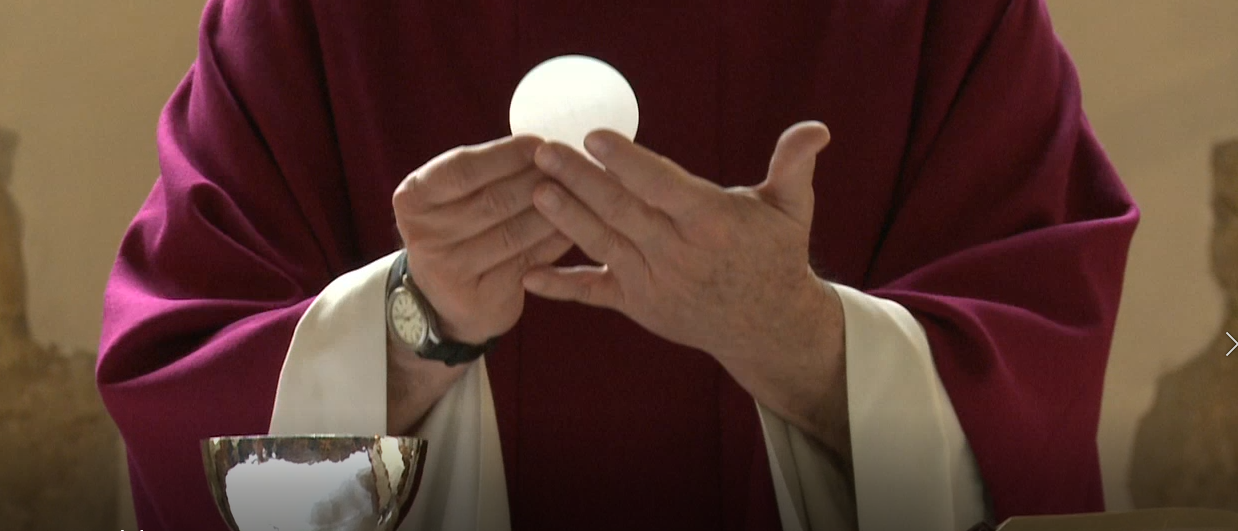
Adoration of the Blessed Sacrament
Frequent adoration of the Blessed Sacrament is an important element in the liturgical prayer of our monastic community. Five evenings each week, we have adoration of the Blessed Sacrament in an extended period of silent prayer before Vespers. At the close of the day, this brings us back once more to the contemplation of the source and summit of our life-the gift of God in Christ for the salvation of the world.
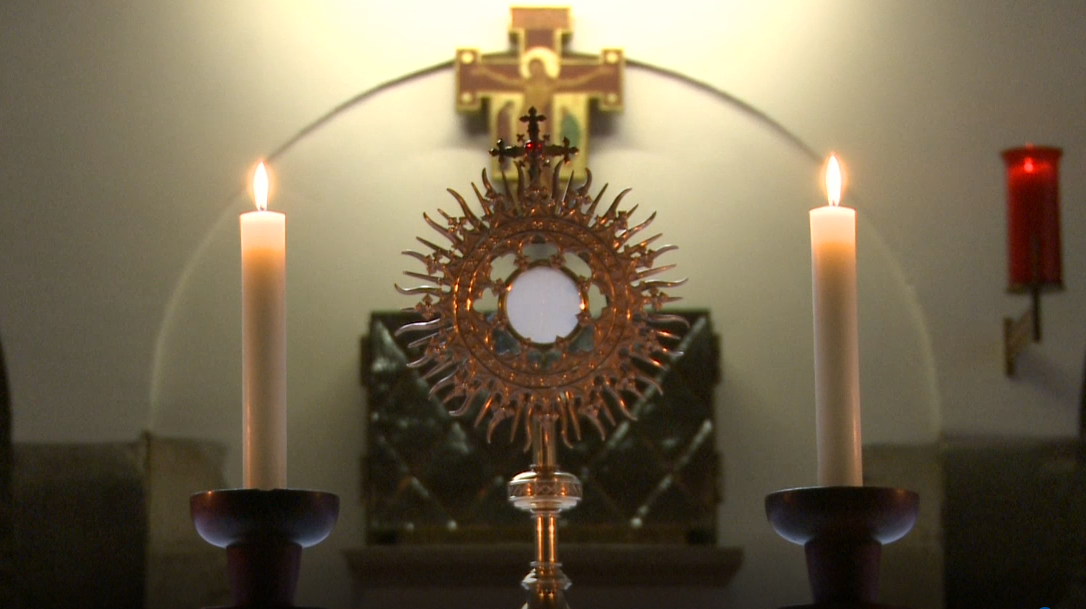
Lectio Divina
The opening words of St. Benedict’s Rule speak of the importance of listening. The monastic tradition of lectio divina is a way of prayerfully listening to the Word of God. Each day, after Vigils, an extended time is set aside for each sister to reflect on the scriptures or other spiritual writings. This provides the foundation of prayer, and is an important tool for monastic conversion.
